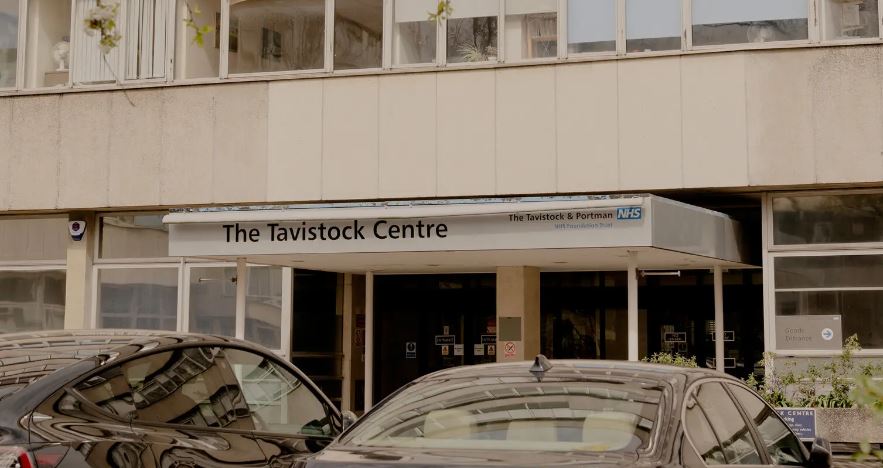England’s National Health Service (NHS) has implemented restrictions on gender treatments for children this month, joining a growing number of European countries concerned about the lack of evidence regarding their benefits and potential long-term harms.
The decision follows a comprehensive four-year review led by Dr. Hilary Cass, an independent pediatrician, whose findings were released on Tuesday evening. The review concluded that, for most young people, a medical pathway may not be the most appropriate approach to managing gender-related distress. Dr. Cass emphasized that the evidence supporting youth gender treatments’ efficacy was questionable and built on shaky foundations.
As a result, the NHS will no longer offer puberty-blocking drugs to minors, except for those enrolled in clinical research. Additionally, the use of hormones like testosterone and estrogen, which induce permanent physical changes, will be prescribed with extreme caution to minors.
England’s move reflects a broader trend in northern Europe, where health authorities have observed a significant increase in demand for adolescent gender treatments in recent years. Many of these patients also present with mental health conditions, complicating the assessment of their distress, known as dysphoria.
In response to similar concerns, Finland’s health agency restricted care in 2020 by recommending psychotherapy as the primary treatment for adolescents with gender dysphoria. Sweden followed suit two years later by limiting hormone treatments to exceptional cases.
Norway and Denmark have also taken steps to regulate youth gender medicine, with Norway designating it as a “treatment under trial,” and Denmark finalizing guidelines to restrict hormone treatments to transgender adolescents with early childhood dysphoria.
While these measures aim to address concerns about the overutilization of gender treatments, several transgender advocacy groups in Europe have criticized the changes, arguing that they infringe on civil rights and strain already stretched health systems. In England alone, around 5,800 children were on the waiting list for gender services by the end of 2023, according to the NHS.
The impact of these changes on individuals awaiting treatment is profound. A 17-year-old transgender boy in southern England, identified only as N., described the waiting list as “hell,” having waited for five years while dealing with diagnoses of autism and depression. He expressed feeling forgotten and left behind by the government’s actions.
In the United States, Republican politicians have pointed to Europe’s pullback on gender treatments to justify laws against such interventions for youth. However, it’s essential to note that the European policies differ significantly from the outright bans passed in some U.S. states. European countries still allow gender treatments for certain adolescents while emphasizing the need for new clinical trials to better understand their effects.
The controversy surrounding youth gender treatments stems from their origins in Europe, particularly the Netherlands, where clinics began administering puberty blockers to adolescents in the 1990s. The rationale was to provide young patients with time to explore their gender identity before making permanent physical changes. However, the surge in referrals in recent years, particularly among patients assigned female at birth, has raised questions about the treatment’s efficacy and appropriateness for today’s patients.
Critics, including clinicians like Dr. Riittakerttu Kaltiala in Finland, argue that the evidence supporting these treatments is insufficient, especially for patients experiencing gender distress later in adolescence. In response, countries like Sweden and England have restricted hormone treatments, citing concerns about their long-term effects and the lack of comprehensive research.
Despite the evolving landscape surrounding youth gender medicine, advocates emphasize the need for evidence-based approaches and comprehensive support for individuals experiencing gender dysphoria. The recent changes implemented by the NHS underscore the importance of prioritizing patient safety and well-being while addressing the complexities of gender identity in young people.

